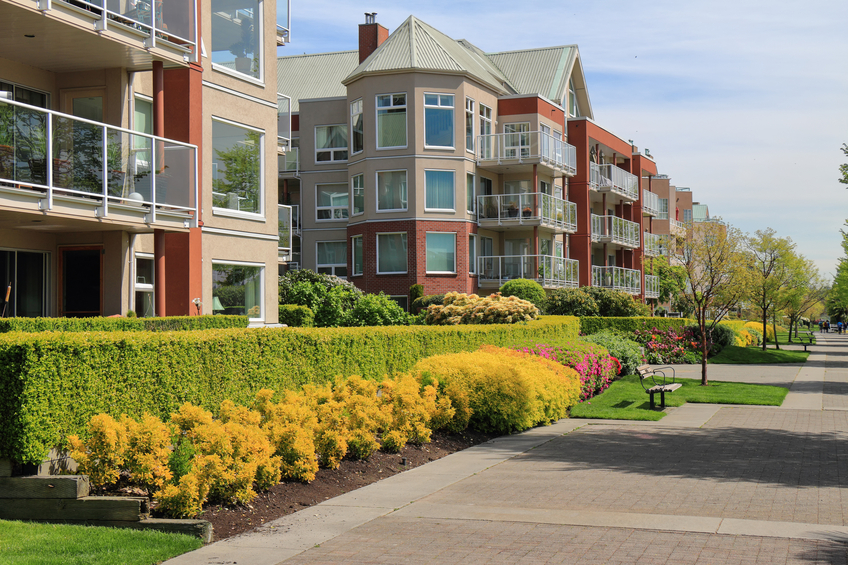What are the first things you should ask yourself before buying rental property?
First of all, will you live there or not? From a fiscal point of view, if you are renting out the entire property, you could deduct all of the day-to-day expenses related to the building from your income. But if you’re an owner-occupant, only expenses related to the rental units will be deductible. On the other hand, when you go to sell, the portion of the building occupied by the owner is exempt from capital gains tax. If it is completely rented out, all of your capital gains will be taxable.
In addition, when you have a specific property in mind, you need to consult the assessment roll to ensure that the number of units on the realtor’s listing is correct. If a livable basement is considered to be a dwelling by the city, this counts as one more unit. If this is the case, you might have to make a bigger downpayment.
Speaking of which, how much of a downpayment do you need for this type of purchase?
If you’re renting out all of the units, you need to make a minimum downpayment of 20% of the building’s purchase price.
If you’re going to be an owner-occupant, you could lower the downpayment to 5% of a duplex’s purchase price with mortgage loan insurance. For a triplex or quadruplex, you’ll need to put down a minimum of 10%.
The rules are the same for all Canadian financial institutions.
What are the other associated fees?
Initial fees include the welcome tax, notary fees, inspection costs and property tax adjustment, meaning the portion of the municipal and school taxes that the buyer is responsible for.
To cover these fees, Canadian mortgage loan insurers calculate a standard amount of 1.5% of a building’s purchase price.
However, in the event of unforeseen circumstances, a number of financial institutions including National Bank recommend a cushion of 3.5% of the building’s purchase price in an easily accessible savings account or line of credit.
Besides the building’s condition, what should buyers look for?
Proximity to schools and services is important if you want to find tenants easily. You should also consider the distance between your home and the building to make it easier to pick up rent cheques, for example.
To find out if you’re getting a good deal, you need to look at comparable buildings’ sales prices from the past year. A realtor can help you out with this.
You also need to make sure you have the information you need on the tenants. How long have they been living in the building? How much are they paying in rent?
Do you have any tips for new landlords?
Ensure good communication with your tenants. Include even the smallest details on your leases and make sure that everything is in writing.
I also recommend scheduling your mortgage payments for the middle of the month in case rents are paid late.
It’s a good idea to open a bank account devoted entirely to managing the building. It’s easier to take care of accounting if rents, expenses and mortgage payments all go through the same account.
What does it mean to leverage real estate?
You can leverage your property if you take out a second mortgage on your first property to finance the purchase of a second building. The second mortgage can reach up to 80% of the value of the initial property.
What are some benefits of investing in rental property?
Some people like the tangible aspect of this investment. When you have other investments, real estate is a good way to diversify your assets. And for someone who is looking to buy a house on a tight budget, the rents will help pay back the mortgage.
And what are the downsides?
Real estate isn’t for everyone. You have to like being a manager, you need to have a lot of patience with your tenants and you have to be available to fix any problems. If this doesn’t sound like it’s for you, it might be best to meet with a financial planner and make a different type of investment.
***
If you have any questions or would like to learn more about strategies tailored to your specific situation, feel free to contact or make an appointment with the mortgage development manager dedicated to your office. He or she will be pleased to help.
The contents of this article are provided for information purposes only, and are not comprehensive. They do not create any legal or contractual obligations for National Bank or its affiliates. For information on your financing options, please consult your National Bank real estate specialist.
© 2016 National Bank Canada. All rights reserved. Any reproduction in whole or in part without the prior written consent of National Bank of Canada is strictly prohibited.


